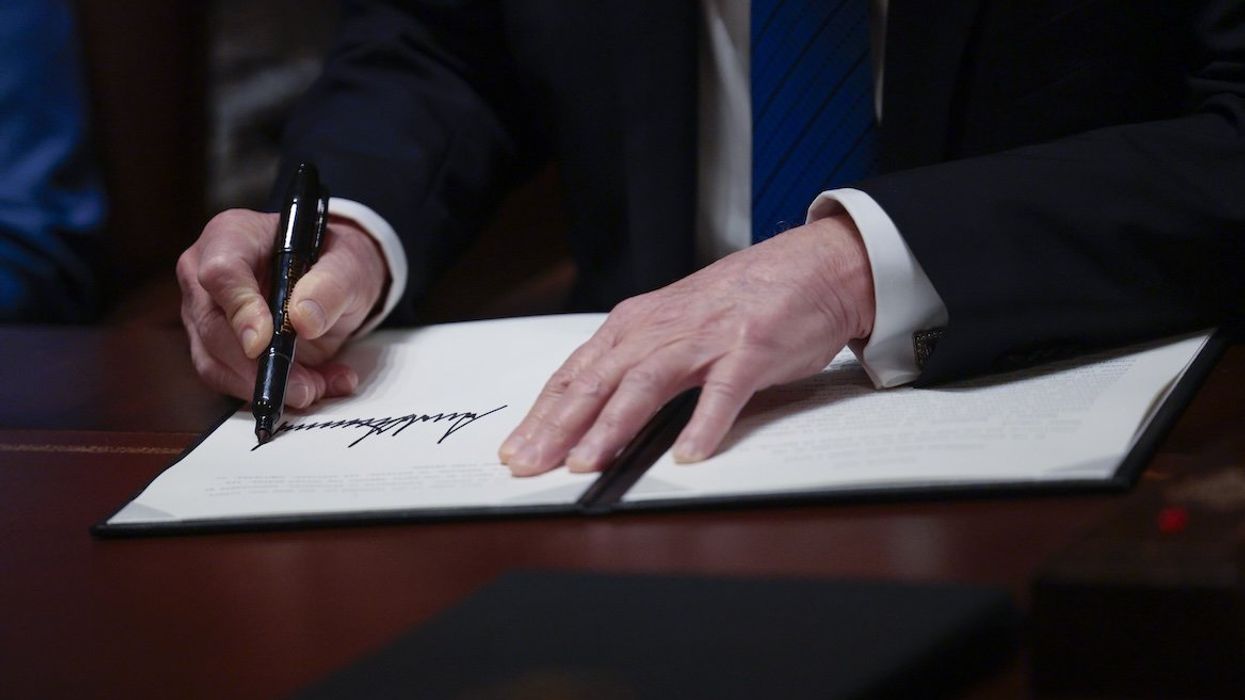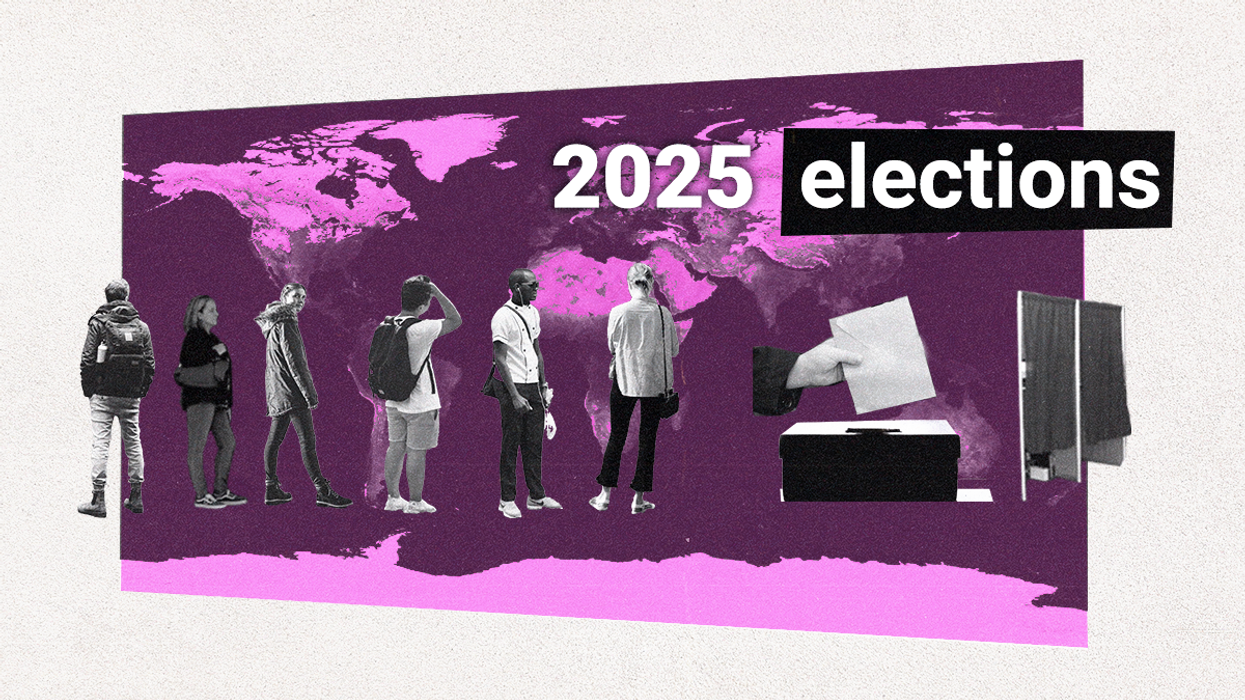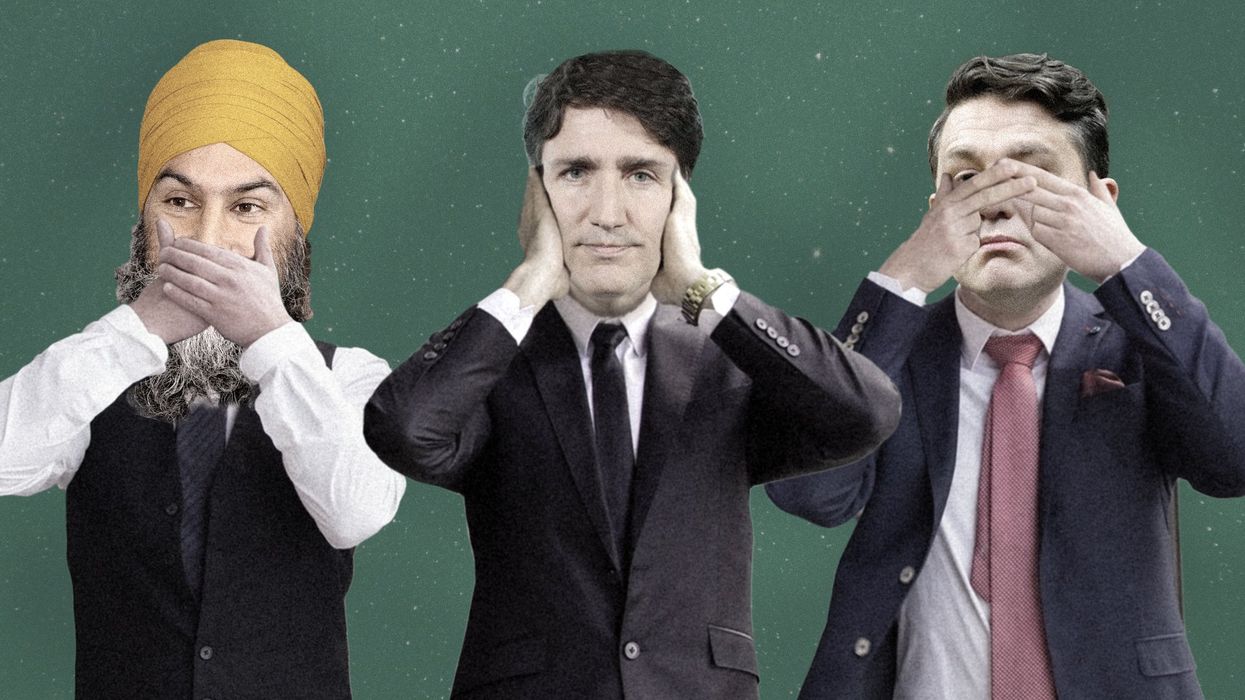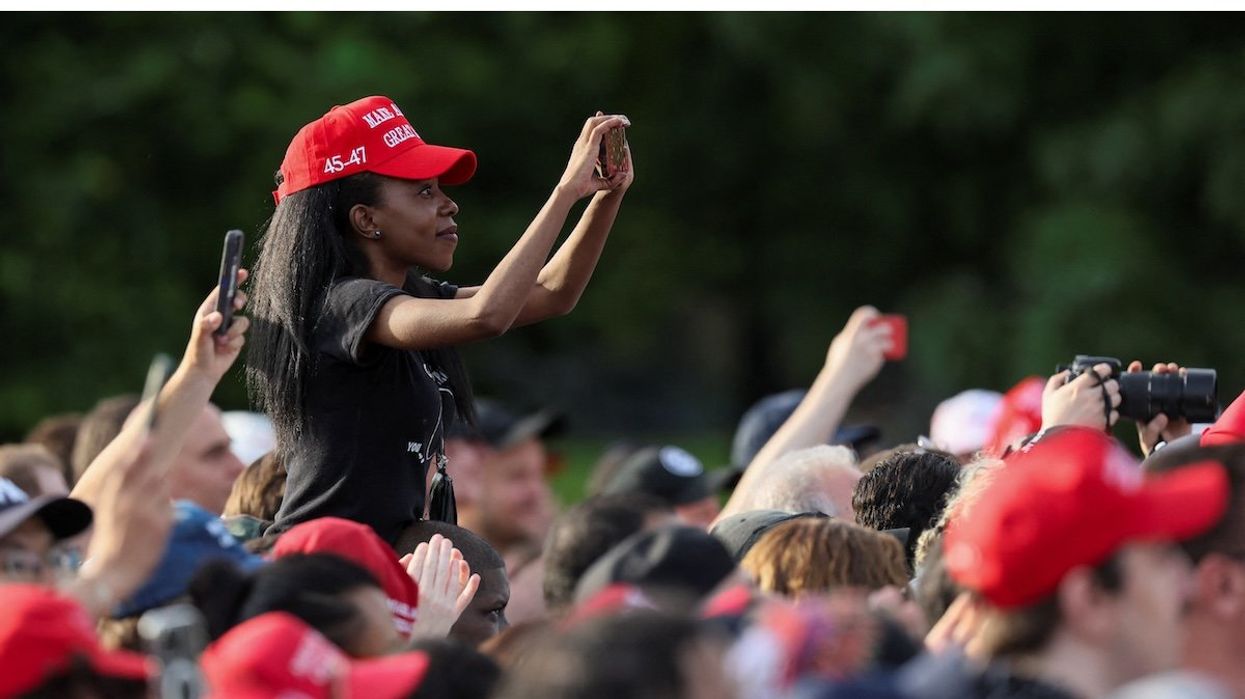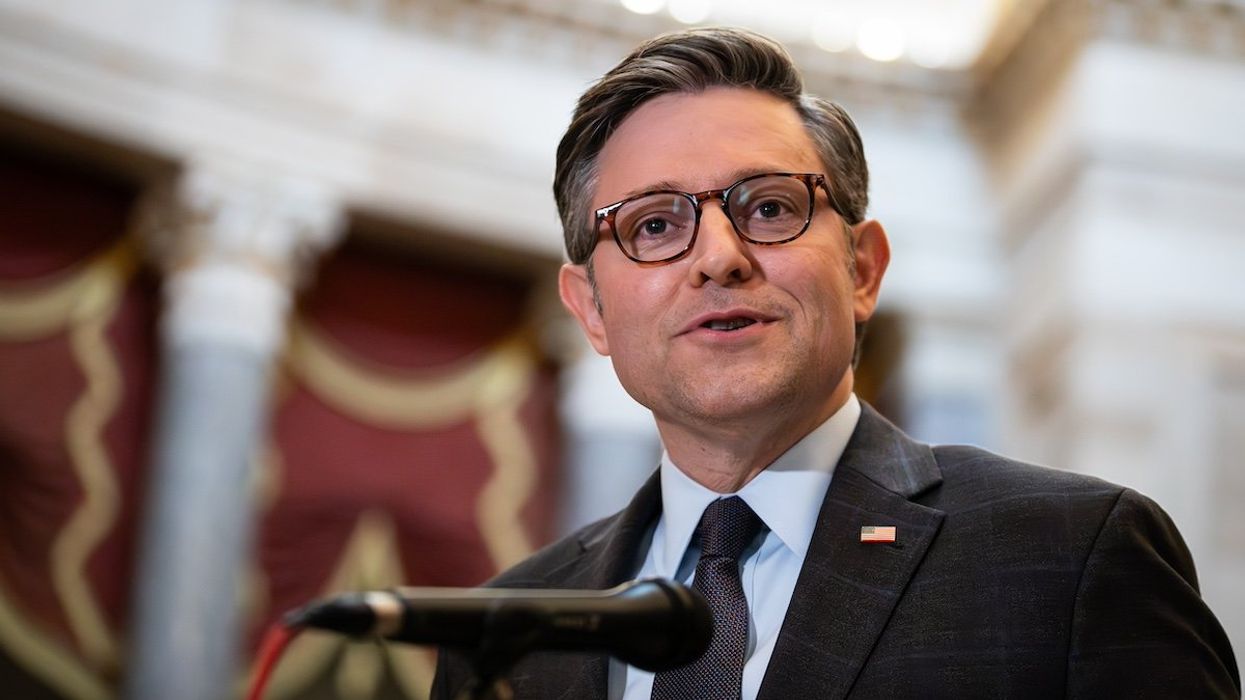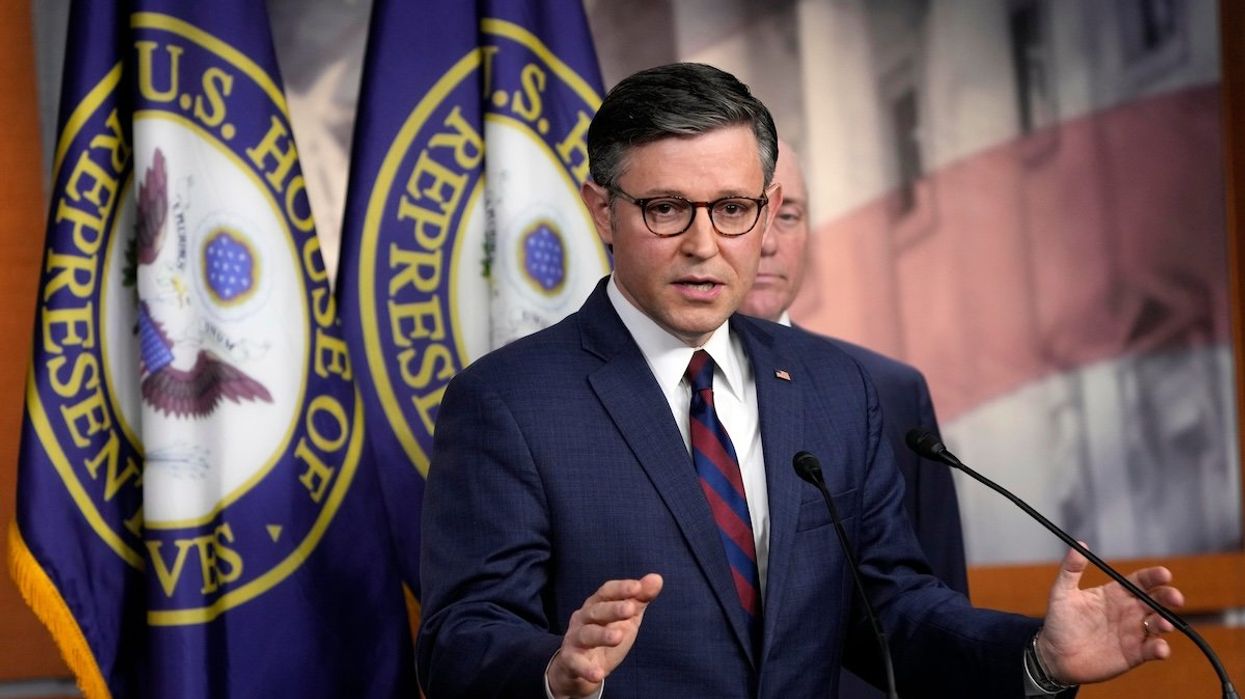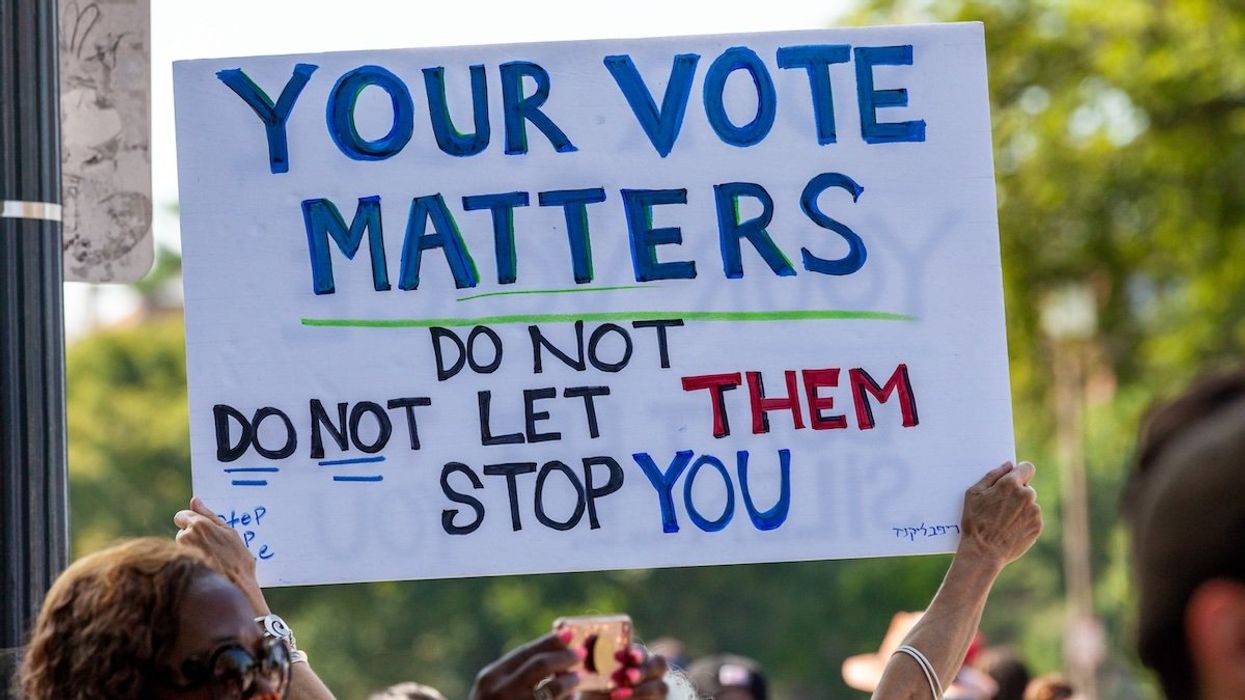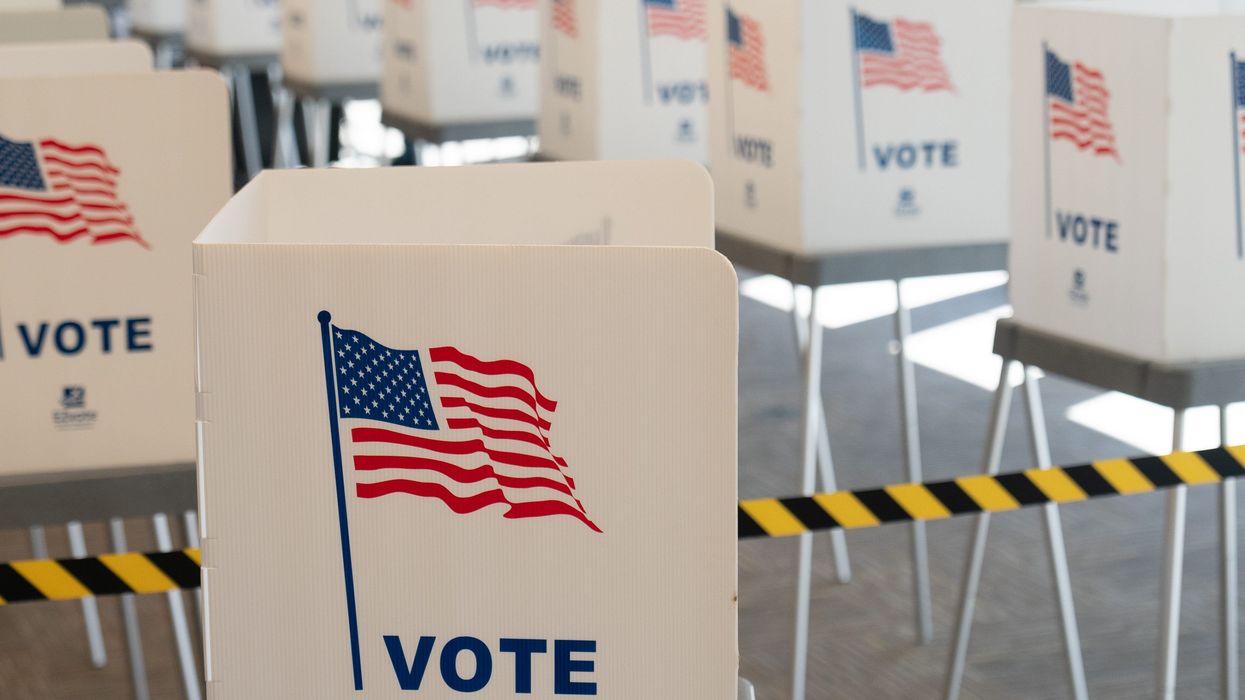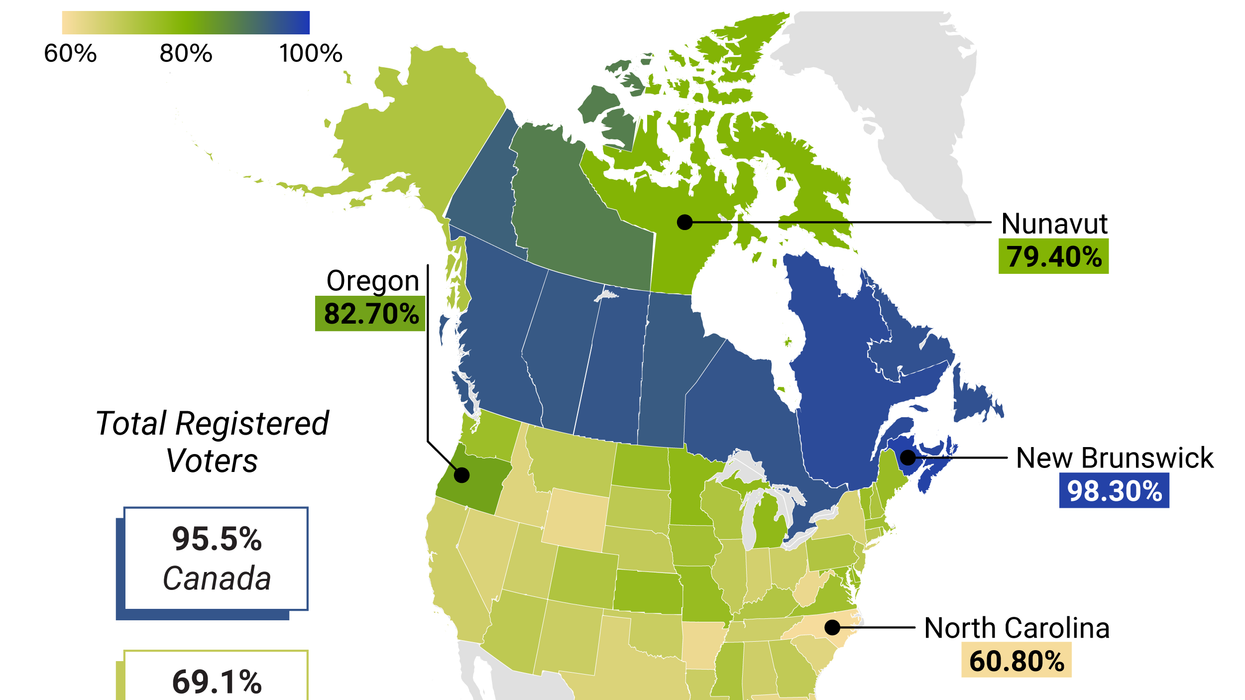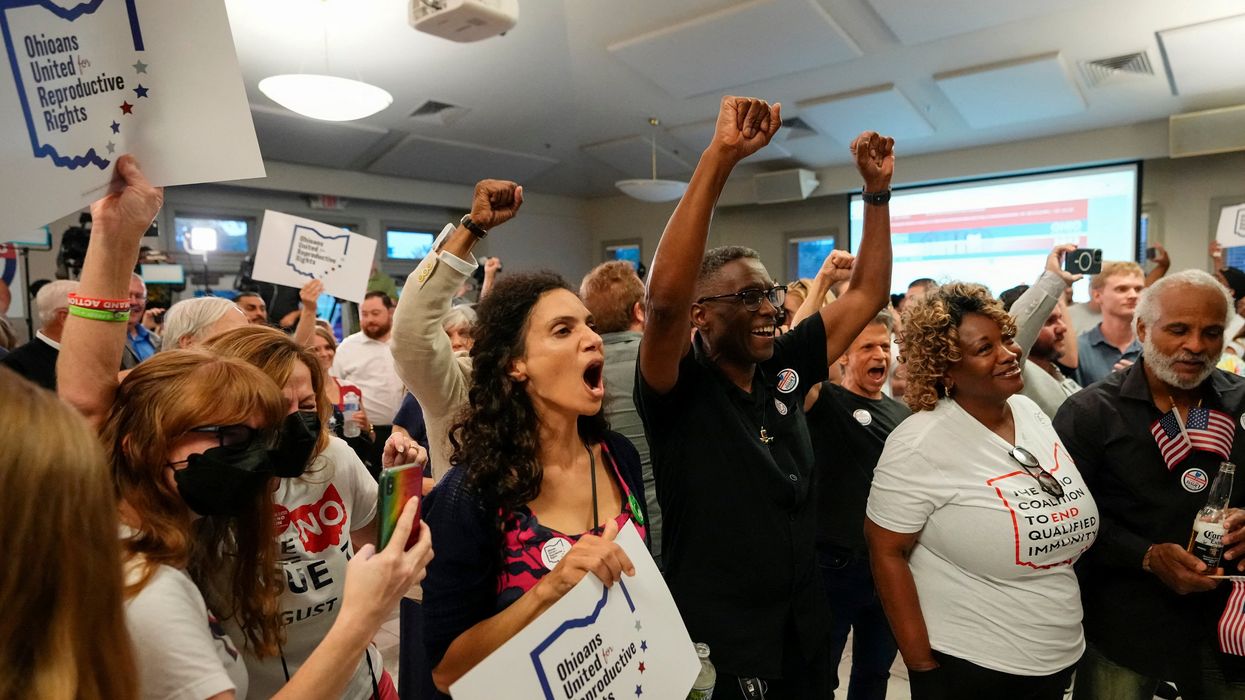GZERO Explains
GZERO Explains: How Trump’s executive order could impact millions of voters
US President Donald Trump signed an executive order on Tuesday that aims to secure elections by requiring proof of citizenship to register to vote. The order aims to guard against illegal immigrants voting in elections and would require all ballots to be received by Election Day.
Apr 11, 2025
